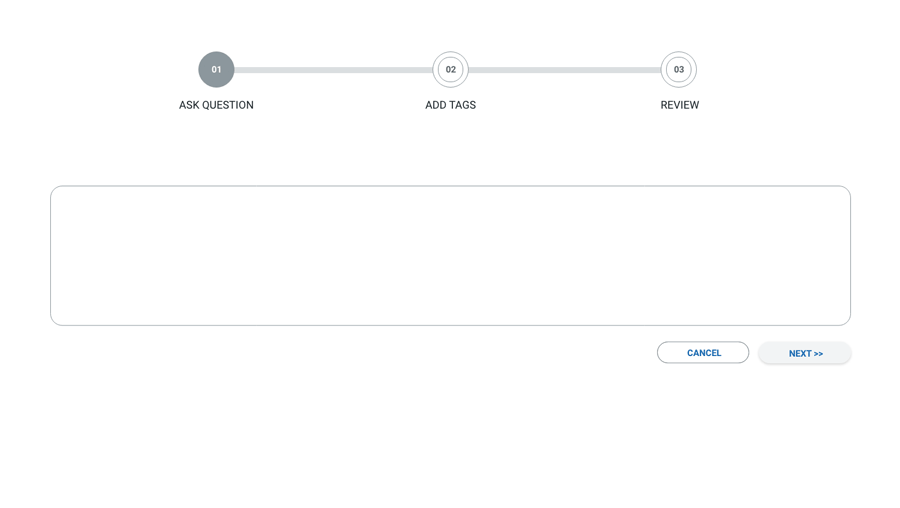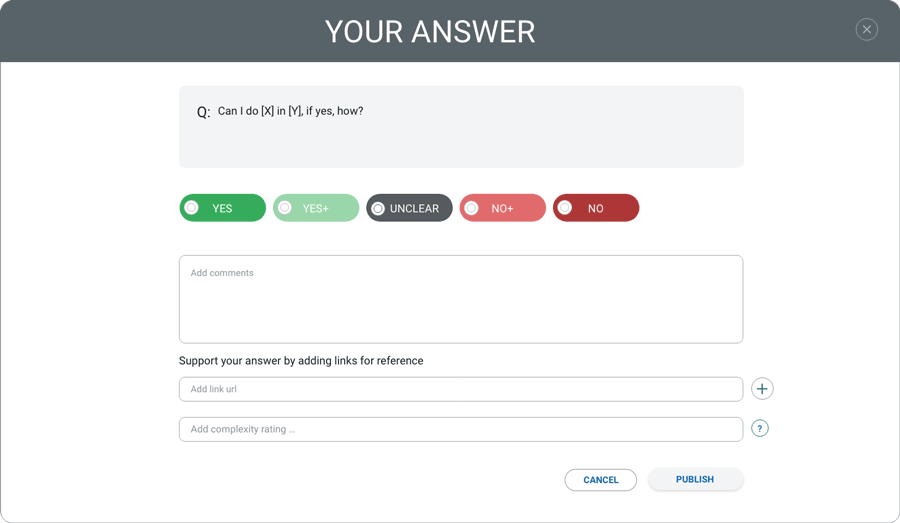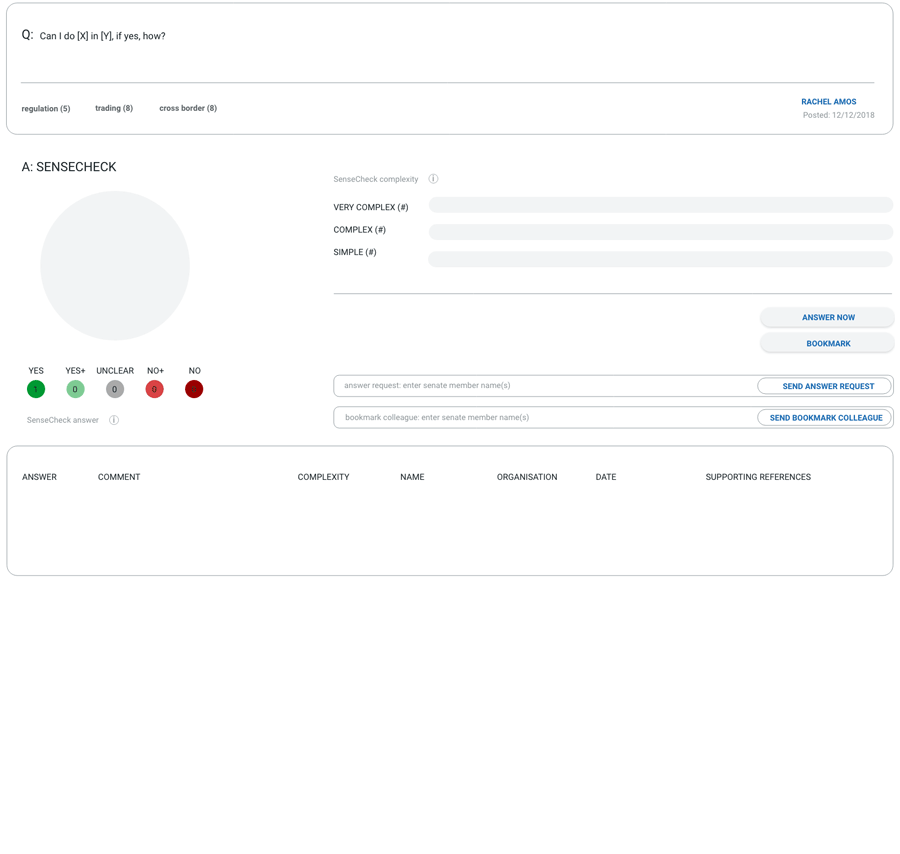For a plc client entity does 100% of the share capital need to be paid up?
A: SenseCheck

- 1 Yes
- 0 No
- 1 Other
- 07 Aug 2023
-
Other
|
Other
Other ...:
We may, on a case by case basis, agree to accept the minimum amount required to be paid up (£12,500) if we receive a guarantee or indemnity for the balance from an entity or person of financial substance. Any decisions to be made by the trustee onboarding committee.
- 25 Jul 2023
-
Yes
|
Simple
As per Alper - yes if we are holding the shares as shareholder:
If we are to be the legal holder of shares for a client company, the client relationship is irrelevant to our legal obligations as shareholder of a company. That’s the key difference with other transactions where we merely act as protector under the share trustee structure. In the latter case, our permission is needed to any transfer of shares or winding up of the company. In the former, we are the legal shareholder.
As the legal shareholder, we would have to pay up any unpaid share capital if required to do so. We cannot take the risk that a client will reimburse us for the £37.5k balance. If we are required to pay up unpaid share capital, something has gone wrong and, in that case, the client is unlikely to have any money to pay us.
The share capital could be used for start-up expenses but we would not permit that. The reason is that we are likely to need the £50k at the end of the SPV’s life for audit and liquidation costs. Again, we are unlikely to get that money from the client at that time and we would be stuck with the costs. So, we reserve the £50k for that.




|
Comment